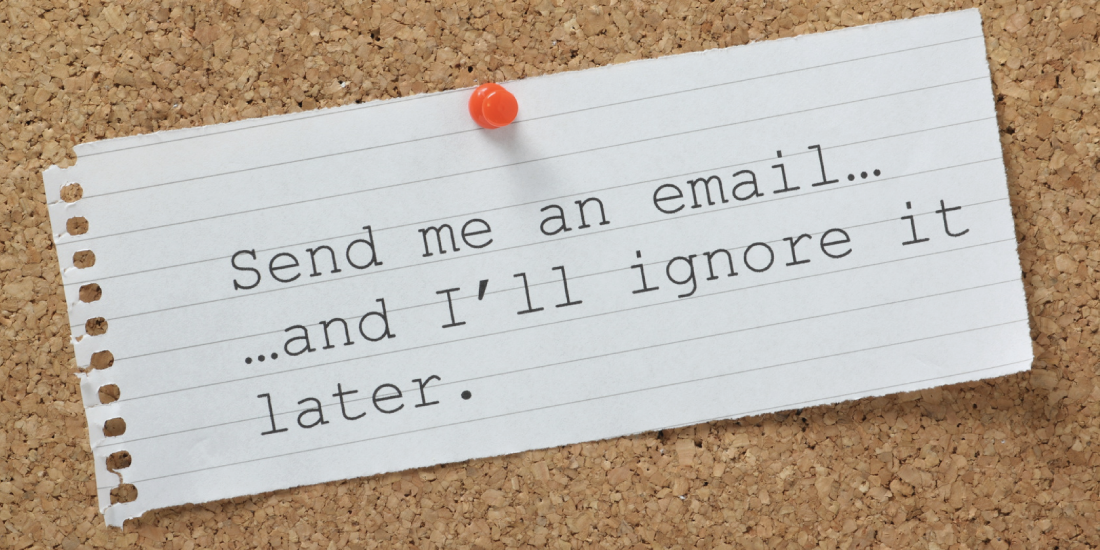Share This Article
Did you know that email marketing sells more than social networks? We’ll tell you about the key points to take full advantage of this method.
The creation and sending of emails to publicise products, corporate information, campaigns or the specific promotions of a company or e-commerce site continues to be one of the most effective strategies to generate direct conversions that exists among the methods available in online marketing.
According to recent surveys, email marketing for e-commerce sites surpasses other promotional methods in scope, sales conversions and ROI:
According to marketing professionals in the United States who took part in the eMarketer survey, email marketing has had an average of 122% ROI in 2016, more than 4 times higher than other approaches.
- The average mail opening rate for all business sectors is 21.73%
- 64% of the companies surveyed believed that email marketing is the most effective online promotion channel.
- According to the Direct Marketing Association, in 2015 2.5 trillion coupons that were sent through email marketing strategies for e-commerces sites were redeemed.
After analysing this data we can see that if you have not yet started your email marketing strategy for your e-commerce site, now is a great time to get started.
Do you still have doubts? We’ll share some of the other reasons to turn email marketing into an indispensable ally in your online store sales strategy.
Email marketing sells more than social networks
Did you know that having 2,000 fans on Facebook is not the same as having 2,000 subscribers in your email database? In fact, it doesn’t even come close.
The organic scope of Facebook (ie, the number of people who see each publication without being motivated to pay) has been in freefall for a few years and, on average, the percentage of pages with 2,000 fans or less, is currently between 3 and 6%.
However, having 2,000 email addresses obtained through your online store sales or other procurement actions equates to having a treasure, since these people have already shown interest in your e-commerce site and will value the information you share through your newsletters or other types of emails. There is of course a big difference between 2000 email addresses of individuals who have decided to sign up for your website or from a data base that you bought, or obtained through some other questionable practice.
Personalised emails drive traffic to e-commerce sites
It is always pleasing to customers to be addressed in a personalised and direct way through emails. And it is always much more gratifying that these e-mails contain useful and interesting information directed to them and their tastes.
Put yourself in the position of the consumer and look to adapt the content of your email marketing strategy to their tastes. In other words, you should try to keep your database orderly and well-segmented. With this small gesture you will create more affinity with your users. This will make them feel listened to and will help bring about more visits to your e-commerce site.
One type of e-mail for every need
It is very important to know the differences between what is known as a newsletter and other types of emails (which are also very useful for your email marketing strategy). Let’s very briefly summarise the differences:
- E-commerce newsletter: this type of corporate email is sent periodically, with different types of content such as information about the company/website, news, information about the sector, offers, promotions etc. In this case the key to attracting traffic (and sales) to the online store is to create interesting content. (future link post)
- Abandoned shopping cart mail: many customers enter an online store and even put items in their cart, but do not complete the purchase. This is a reminder mail to give that little extra nudge that the item is still on for sale.
- Cross-selling mail: depending on what type of products we sell in our online shop, there will always be cross-selling or products related to users’ previous purchases that we can also offer to our customers.
- Auto-reply mails: sending a mail to customers automatically when they purchase, confirming the order and making the consumer feel relaxed and confident about your website.
E-commerce email is a key element in any marketing strategy for driving traffic to our online store, but they are also a great source of information. We mustn’t forget to integrate analytical codes in our emails, and many mail servers do so automatically. This way we’ll be able to find out what’s working and what we could improve on, a very important point if we want to get more traffic to our website and convert it into more sales.
How to design an email marketing strategy for effective e-commerce. We’ll tell you the keys in the next post.





 Contact
Contact





